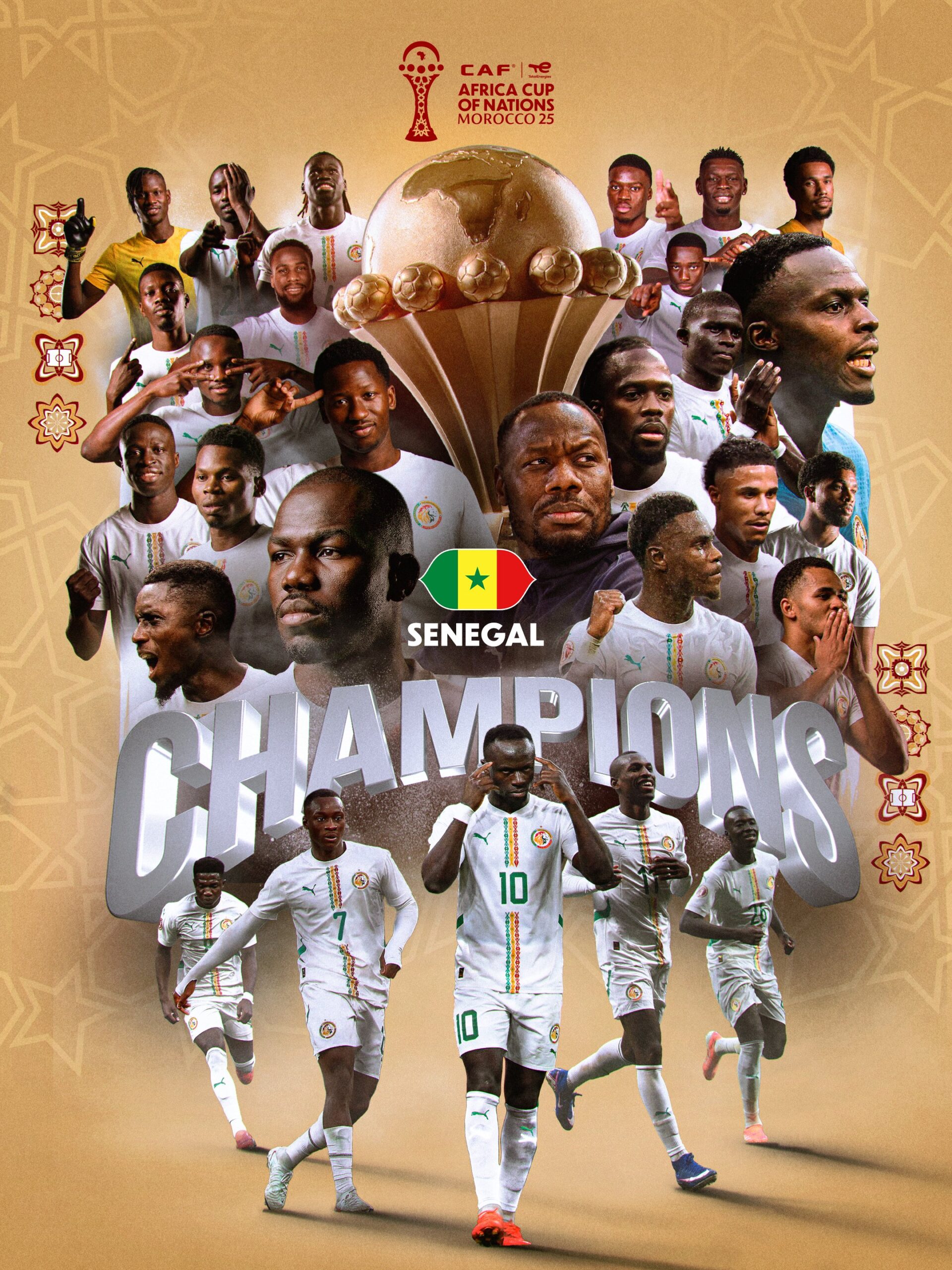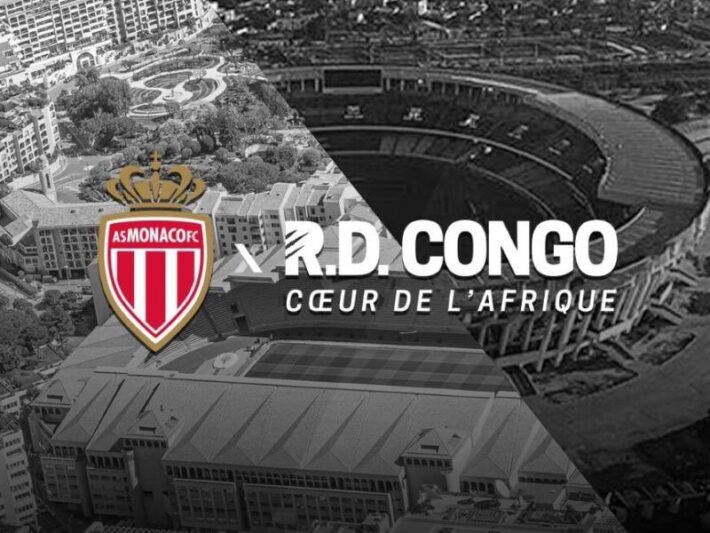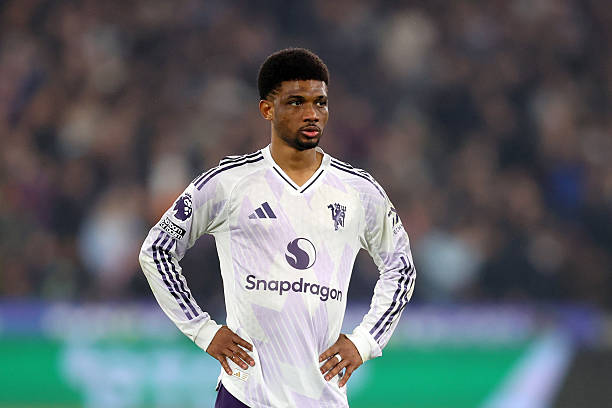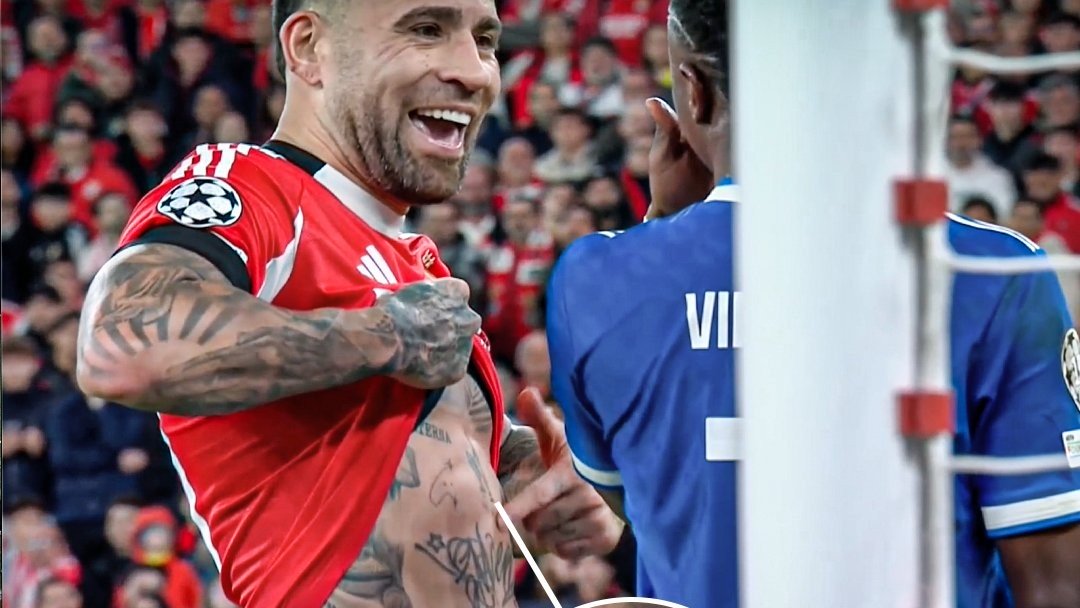Nigeria voices concern over accommodation standards at Women’s AFCON in Morocco
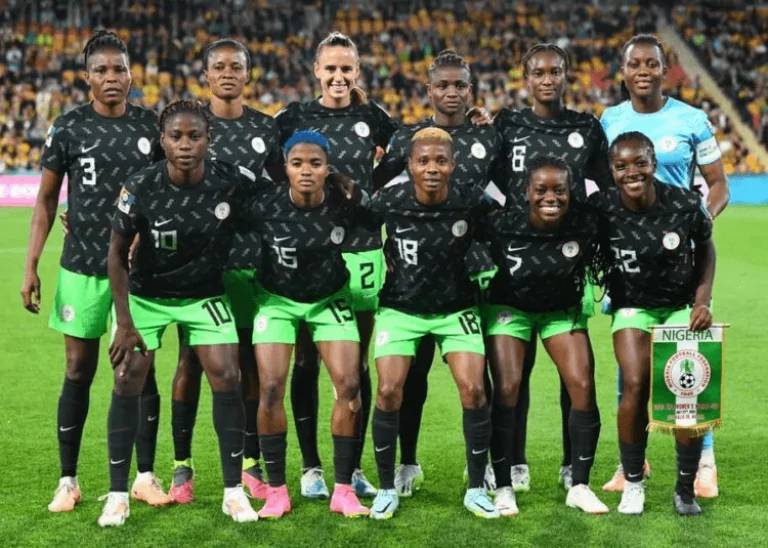
Nigeria’s national women’s team has raised serious concerns about the accommodation arrangements provided for the 2025 Women’s Africa Cup of Nations (WAFCON), currently taking place in Morocco, calling into question the organisational standards of the tournament.
The Super Falcons, who arrived in Morocco earlier this week, were reportedly disappointed by the conditions they encountered upon check-in.
Several players were said to be taken aback by the size and state of the hotel rooms, which they described as cramped and ill-equipped — falling far short of expectations for a top-tier continental event.
Rasheedat Ajibade, one of the team’s senior players, took to Instagram to express her frustration, posting a photo of the room she shares with a teammate alongside a pointed caption: “Two professional players in a room the size of a kitchen for a prestigious tournament. CAF can do better. Women’s football deserves better. Respect women’s football.”
Her comments have since garnered widespread attention online, resonating with fans and stakeholders who have long voiced concerns about the treatment of women’s teams in major competitions.
The incident has once again highlighted the disparity in resource allocation and logistical support between the men’s and women’s tournaments under the Confederation of African Football (CAF).
Sources close to the Nigerian delegation revealed that the team had expected significantly better conditions, particularly given the stature of WAFCON and Morocco’s high-profile role as host.
CAF’s reported limited financial input and Morocco’s apparent reluctance to invest additional funds have added fuel to the controversy.
The complaints have cast a shadow over what was supposed to be a pivotal edition of the tournament — not only for the sport but for Morocco, which is set to host the men’s Africa Cup of Nations (AFCON) later this year.
The women’s event was widely seen as a dress rehearsal to test Morocco’s preparedness to stage the continent’s most prestigious football competition.
With Nigeria’s grievances now public, questions are being asked about whether Morocco can meet the elevated demands of the upcoming men’s AFCON.
The current dissatisfaction from one of Africa’s top women’s teams may indicate deeper systemic issues in how African women’s football is supported and prioritised.
As the tournament continues, CAF and local organisers are likely to face mounting scrutiny.
The coming days may prove crucial not just for the competition on the pitch, but for the broader credibility of Morocco’s role as host — and CAF’s commitment to equality in the game.





